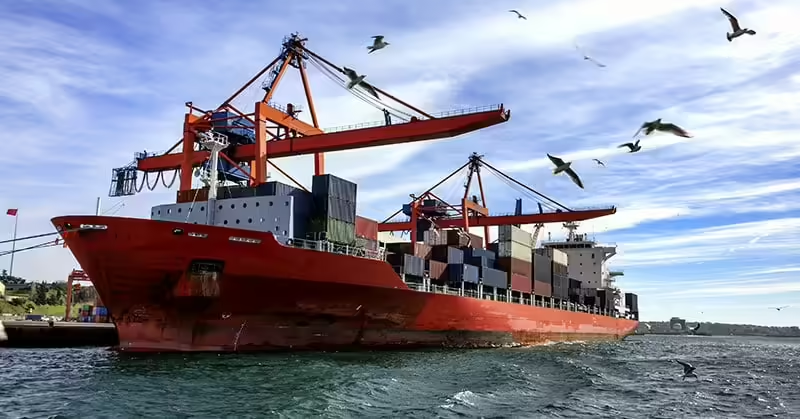“Seafarer Status” Essential for Jones Act
November 19, 2018

Traveling abroad via a sea vessel is common whether one does so as a passenger on a Disney or Single’s cruise, or if one does so as a seafarer (commonly known as seaman or member of the captain’s crew). Although both passengers and seafarers enjoy the protection of federal and general maritime laws for personal injuries that occur on these vessels, the latter group enjoys broader protection. Determining one’s status (as passenger or seafarer) is key to distinguishing between the types of causes of actions and remedies available. This is because seafarers are treated as a special class in maritime law or “wards of admiralty” due to them being susceptible to “sickness from change in climate, exposure of perils, and exhausting labor…[created to offset] the special hazards and disadvantages to which they are subjected.” Chandris, Inc. v. Latsis, 515 U.S. 347 (1995). Ultimately, this is the precursor for determining whether one can recover under The Jones Act which provides a cause of action in negligence for “any seaman” injured in the course of their employment. 46 U.S.C.S. App. § 688(a).
So how do we determine if one is a seafarer that can recover under federal or general maritime law?
Under maritime law, an individual can recover as a seafarer if “he or she has an employment-related connection to a vessel in navigation that is substantial both in terms of duration in terms of duration and nature, regardless where the injury occurs.” Chandris, 515 U.S. 347 (1995). This is different from status as a passenger where one’s recovery “depends on the place or situs where an individual is injured or killed.” Yamaha Motor Corp., U.S.A. v. Calhoun, 516 U.S. 199, 216 (1996). The above definition of what constitutes a seafarer contains the elements that the court uses to determine such status.
For example, the Chandris case cited above involved an engineer who was abroad and assisting the vessel with renovations when he suffered an eye injury. He sought the medical advice and expertise of a doctor on the vessel on the day of departure from Maryland. The doctor diagnosed the engineer’s eye problem as being detached retina issues but failed to treat him further or send him ashore for the proper treatment. As a result, the engineer didn’t receive proper treatment until two days later onshore in Bermuda and lost 75 percent of his eyesight after an operation there. After this procedure, he continued to sail the rest of the trip with the vessel and was discharged upon return to the United States.
The engineer sought to bring a negligence action under The Jones Act against the corporation of the vessel and the doctor. The lower trial court established a very restrictive test for seaman status stating that one would have to do a “substantial” amount of work on a vessel and that periods of “drydock” or going ashore, would not be considered in determining one’s status. The Supreme Court vehemently rejected this extremely narrow standard and instead chose a broader standard. Why? Well, this is because they took into consideration the “perils of the sea” and the harsh realities that these workers of vessels endure.
So, the two elements needed for seaman status are: (1) the worker’s duties must contribute to the function of the vessel or to the accomplishment of the mission, and (2) the worker must have a connection to a vessel in navigation or an identifiable group of vessels that is substantial in terms of both its duration and its nature. With this, the court reasoned that a ship can still be “in navigation” even while “drydocked” and that one’s status as a seaman is not lost when one goes ashore or when a vessel is “drydocked.” Those who are primarily stationed on land, however, may not be considered a seaman or seafarer and will be precluded from recovering under The Jones Act. In the end, they reversed the lower courts decision and created a broad standard that will enable many who work abroad on these vessels the ability to recover under The Jones Act.
To qualify for compensation under the Jones Act, the maritime worker must be a seaman. The term seaman is defined in the Jones Act and has been interpreted by the courts. Unfortunately, it isn’t always simple to find out if a maritime worker is a seaman. Really, it is an extremely fact-intensive question. However, the experienced attorneys at Morrow & Sheppard LLP are here to figure out if you are a seaman and investigate any and all claims to which you may be entitled.
Our Jones Act lawyers at Morrow & Sheppard LLP assist injured seamen and offshore workers nationwide. We provide free consultations, and we only get paid when our clients win. Call us now at 800-489-2216 or send us a message for a free and confidential consultation to learn more.















































